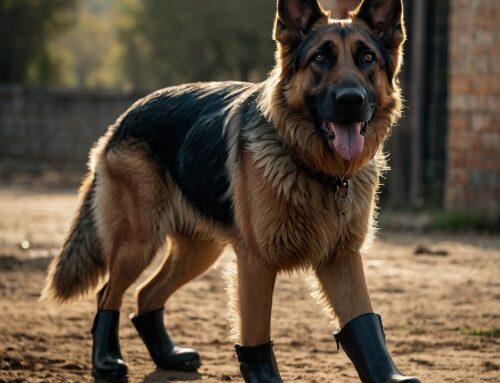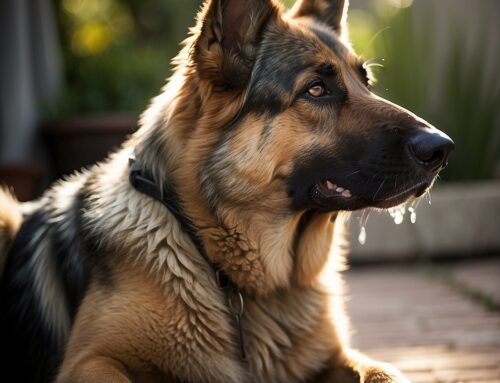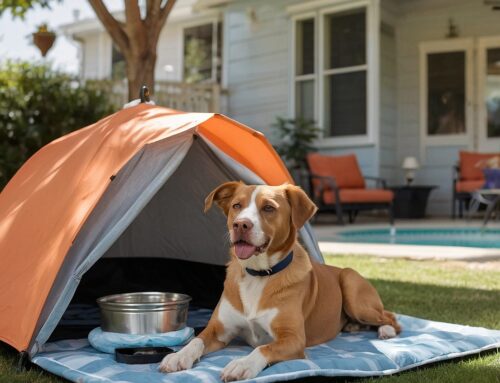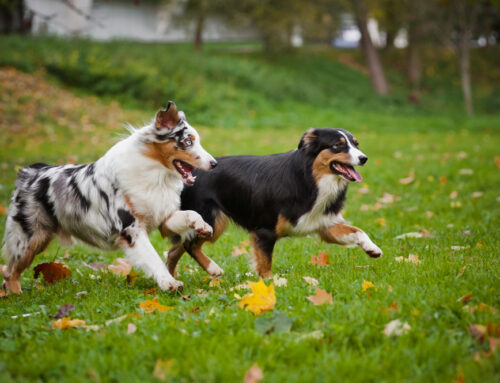It’s that time of year again. Spring Forward begins on March 8 at 2 am. The most common complaints people have with this time change is losing an hour sleep. Yes, while there are more outdoor activities to do with more extended daytime hours with moving the clock ahead, that lack of sleep can take a toll those first few days.
And people aren’t the only ones affected — their dogs are, too. Like us, dogs have their internal, circadian rhythm which triggers their own schedules with things such as sleeping, eating, and potty time.
FEEDING TIME
It’s more than likely your dog will have no complaints being fed an hour early for breakfast. However, when dinner time rolls around, they are being fed an hour later than usual. When you arrive home at the end of the day, they are going to be eager to have their meal. So, don’t be shocked if they start pawing or carrying their food bowl around which means it’s your cue to serve up some grub.
POTTY TIME
We know, you’re already getting up an hour early. If you can, wake up a bit earlier because your dog has been used to their potty schedule at a later time.
And this is why.
Get them out for a short potty break or morning walk first thing in the morning. After they had their breakfast and some water to sip on, and you’ve had your breakfast and morning java, take them out again one more time to ensure their potty business is completed before you leave for the day.
This time change will take a few days for your dog’s system to get used to it and more aligned with “spring forward.”
TAKE ADVANTAGE OF THE DAYLIGHT
While you may be sluggish at the end of the work day soon after moving those clocks ahead, do your best to get your second wind (or third) and enjoy the outdoors. Take your dog out for a walk, play a game of fetch, do some obedience training or find a sport for your dog to participate in.
While losing an hour sleep is never on someone’s wish list, give yourself and your dog the time and patience needed to get back on track.








